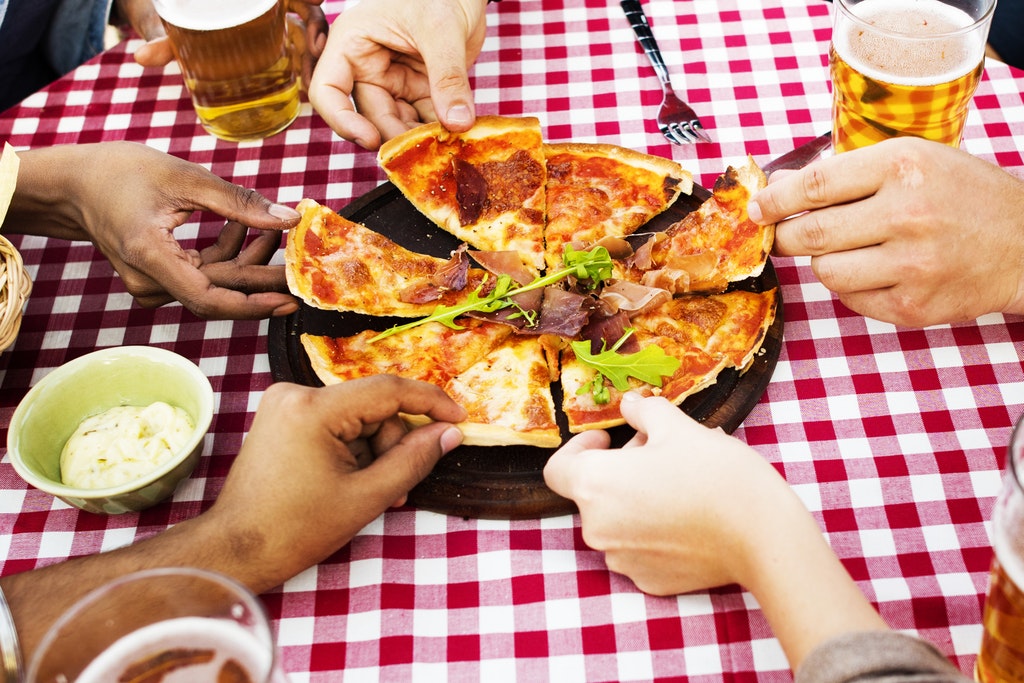In a bid to tackle waste more effectively, the Netherlands has launched dedicated return shops for bottles and cans, aiming to enhance the country’s recycling rates. These initiatives, which provide citizens an easier way to claim deposits on beverage containers, are part of a broader commitment to meet ambitious recycling targets.
A Convenient Solution for Waste Disposal

Mariama Kamara recently visited a new Statiegeld return shop on Nieuwezijds Voorburgwal in Amsterdam. Charged with depositing three large bags of bottles and cans for her aunt’s local restaurant, she found the process seamlessly efficient. “It’s a really cool idea, and so convenient,” Kamara commented after pocketing over €50 (£43) from returning around 350 containers in just seven minutes.
In the Netherlands, a deposit fee—referred to as statiegeld—of 15 to 25 cents is charged on each glass, plastic, or aluminum container purchased. Customers can reclaim this fee by returning their containers to reverse vending machines. However, the current system poses certain challenges, such as machines malfunctioning, spatial constraints, and limitations on accepted brands depending on the store.
The Need for Improvement

The Dutch government has set an ambitious target under the packaging management decree, requiring the beverage industry to recover at least 90% of all sold beverage containers. While the 2022 statistics from Verpact show that 77% of plastic bottles and 84% of cans were returned, there remains significant room for improvement.
To address these shortcomings, Verpact has introduced dedicated return shops. The first shop opened in May 2023 in Rotterdam and featured a bulk machine capable of processing up to 200 containers at once. Since its inception, the shop has reportedly handled over a million beverage packages.
Growing Popularity and Foot Traffic

With the recent opening of two additional Statiegeld stores in Amsterdam, foot traffic has surged, drawing in patrons ranging from local residents disposing of waste to curious tourists. Employees have noted that for some people, “it’s junk, for others, it’s something to eat,” indicating the wide array of individuals engaging with the recycling initiative.
The Global Context of Return Schemes
Deposit return schemes are not only a Dutch innovation. In 1970, British Columbia in Canada was the first to implement a mandatory system for returning beverage containers. This was soon followed by Sweden in 1984, becoming the first in Europe. The Netherlands initiated its own system in 2006 and, today, is among 17 European countries, including Germany, Norway, and Ireland, that operate similar deposit schemes. Recent EU legislation mandates a 90% collection rate for single-use bottles and cans, encouraging more countries to adopt these systems.
Aiming for Higher Collection Rates
Hester Klein Lankhorst, CEO of Verpact, emphasized the urgency of achieving the national collection targets. “The goals we need to reach are really high and in a short time. We have to do it as quickly as possible,” she stated, highlighting the responsibility of companies producing packaged products to facilitate the collection and recycling process.
The collected containers are sorted and cleaned, and then primarily reprocessed into new raw materials for manufacturing. According to Verpact, recycled PET (polyethylene terephthalate) is used in newly produced PET bottles, with 2023 seeing an average 44% recycled PET content in these bottles. A forthcoming regulation mandates that by 2025, a quarter of all PET bottle material must consist of recycled content.
Environmental Impact and Challenges
Return schemes are credited with encouraging a circular economy while also diminishing litter in public spaces. A study by the Dutch ministry of infrastructure and water management, alongside CE Delft consultancy and Utrecht University, indicated a remarkable 69% reduction in littering from small plastic containers and cans since the establishment of return shops.
Notably, however, the process is not without its issues. Some individuals seeking to benefit financially from collecting bottles have begun rummaging through waste bins, inadvertently leading to increased litter, particularly around garbage cans. Martin Calisto Friant from Circle Economy highlighted the negative impact this has had on municipal cleanup efforts, as broken glass and cans can attract animals.
Cost-Effectiveness and Incentives
While the benefits of the deposit return system are clear, there are significant challenges tied to its logistics and market sustainability. Implementing this efficient collection system requires substantial resources. Lankhorst noted the high financial demands associated with managing the technology and transportation involved in these efforts. “It is quite an expensive system, but it really helps to lower the littering,” she said.
Concerns have also been raised regarding whether the financial returns currently offered act as sufficient motivation for recycling. Thomas Morgenstern, representing Tomra, a Norwegian company that supplies many of the reverse vending machines used in the Netherlands, commented on the insufficiency of the deposit values for smaller containers. He argued that this represents a significant weakness of the Dutch system: “There’s a low incentive, in my opinion, of a deposit value for small containers.”
The overarching issue, according to Friant, is whether current systems effectively curb plastic production. “This could be a very important and useful kind of incentive to reduce consumption of single-use packaging, which is probably the most important thing we should do in the first place,” he stated.
Looking Ahead: Future Proposals
While Lankhorst and Verpact aspire to establish recycling units in every store that function correctly, for now, the Statiegeld shops serve as a stopgap solution. Their goal is to simplify the deposit reclaim process while working toward a more effective national waste management strategy.
“There’s not a silver bullet,” Lankhorst summarized. “But altogether we can make it more easy for people to get their deposit back and throw the cans and the bottles in the right way, in the right system.”
Indeed, for users like Mariama Kamara, who previously had to endure the tedious task of manually inserting containers one by one at supermarkets, the new return shops make recycling much more user-friendly.
